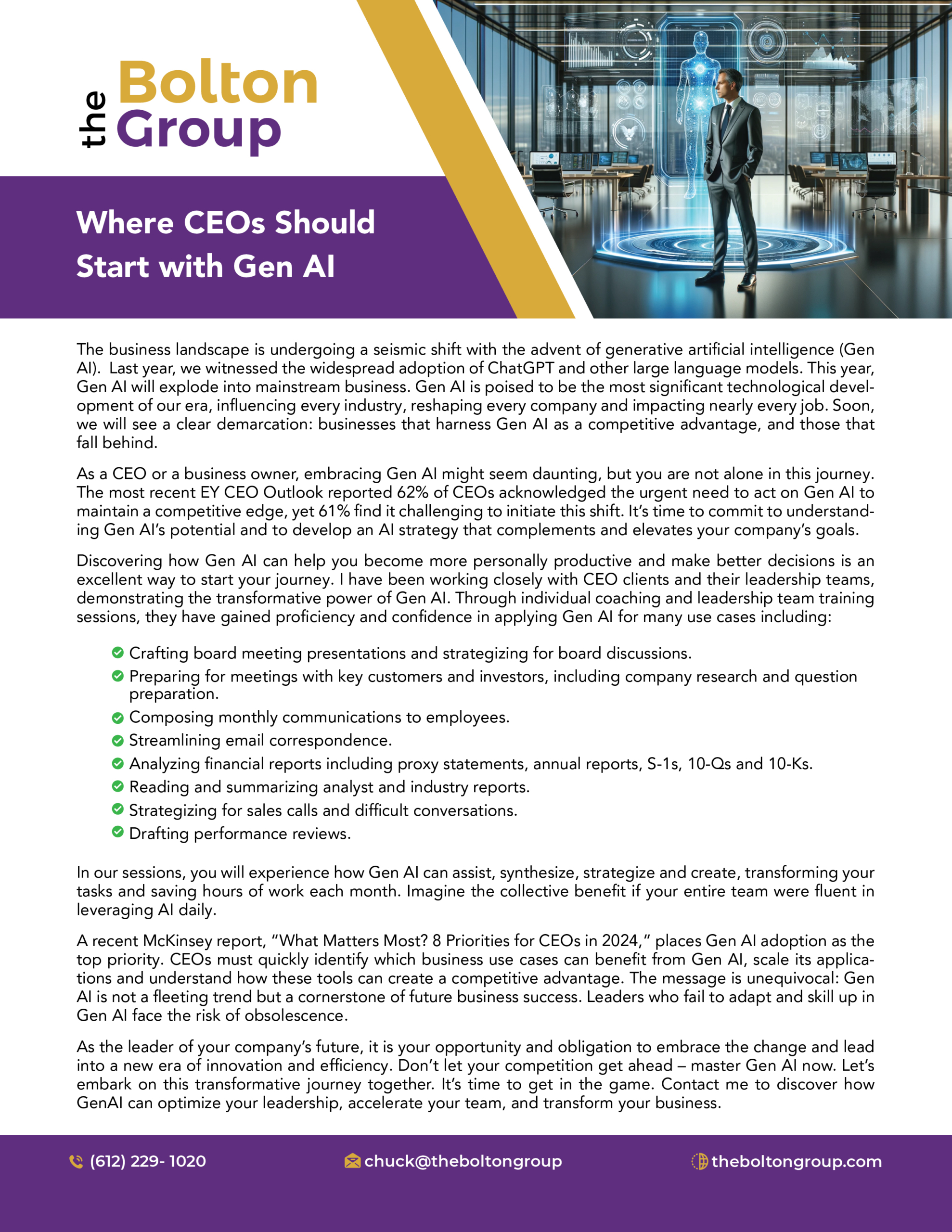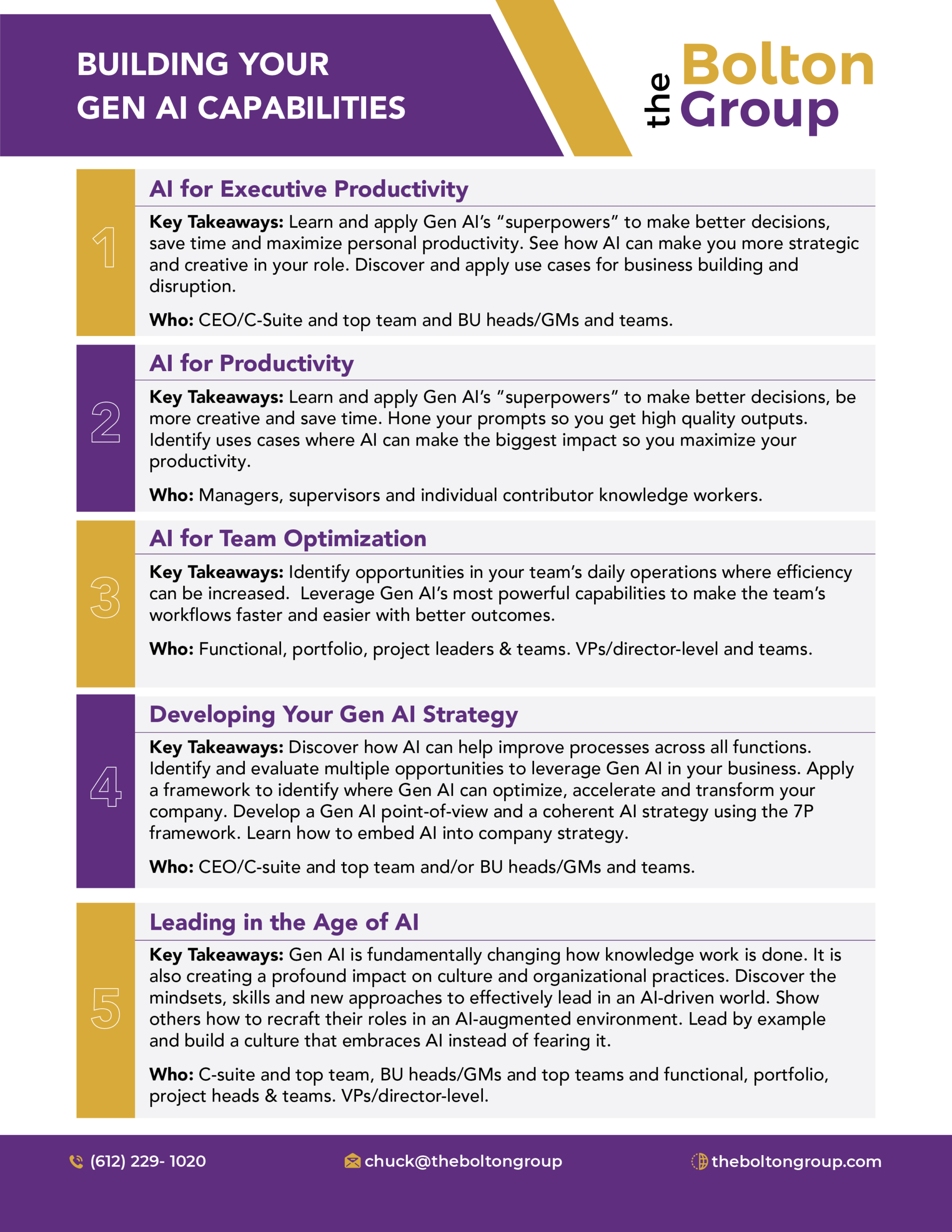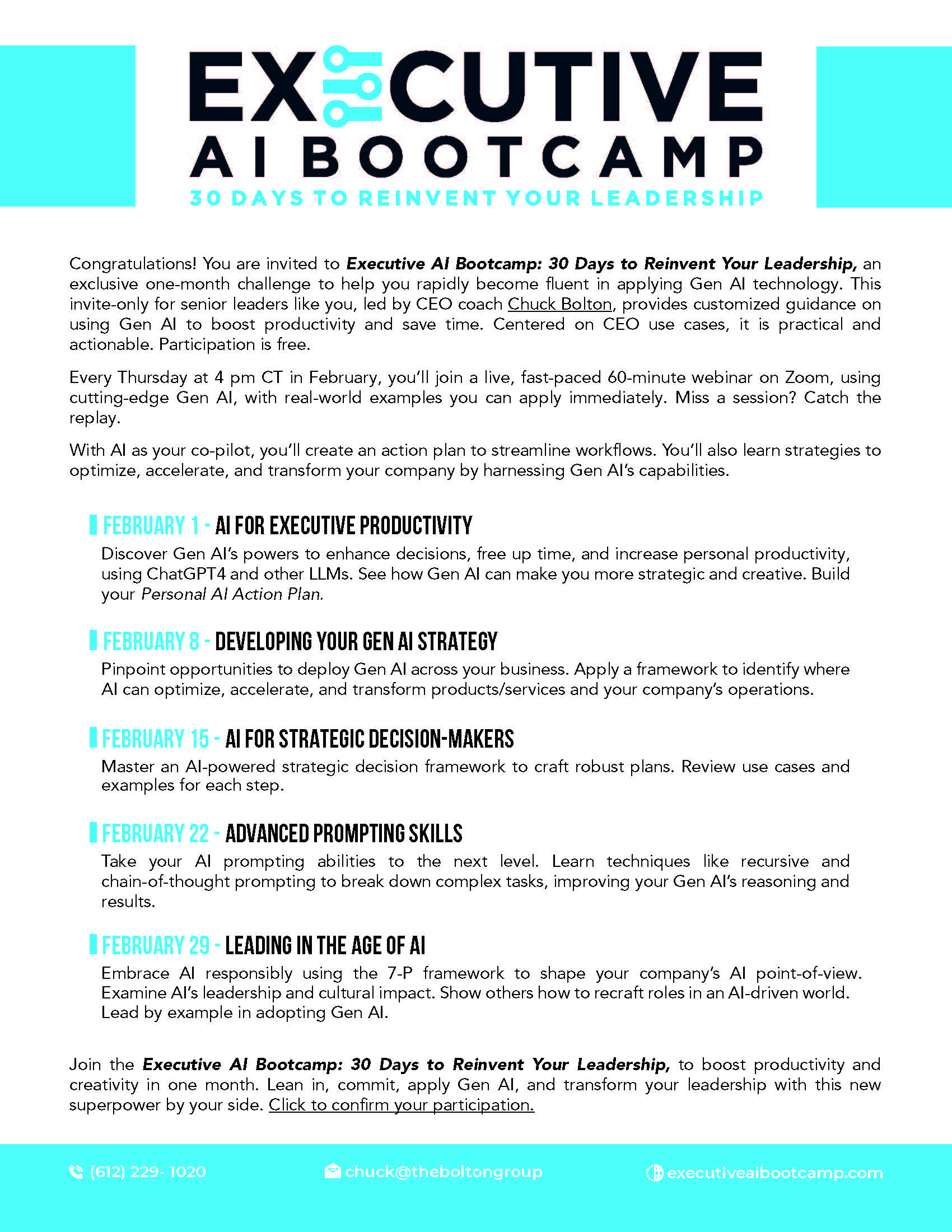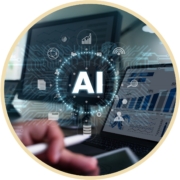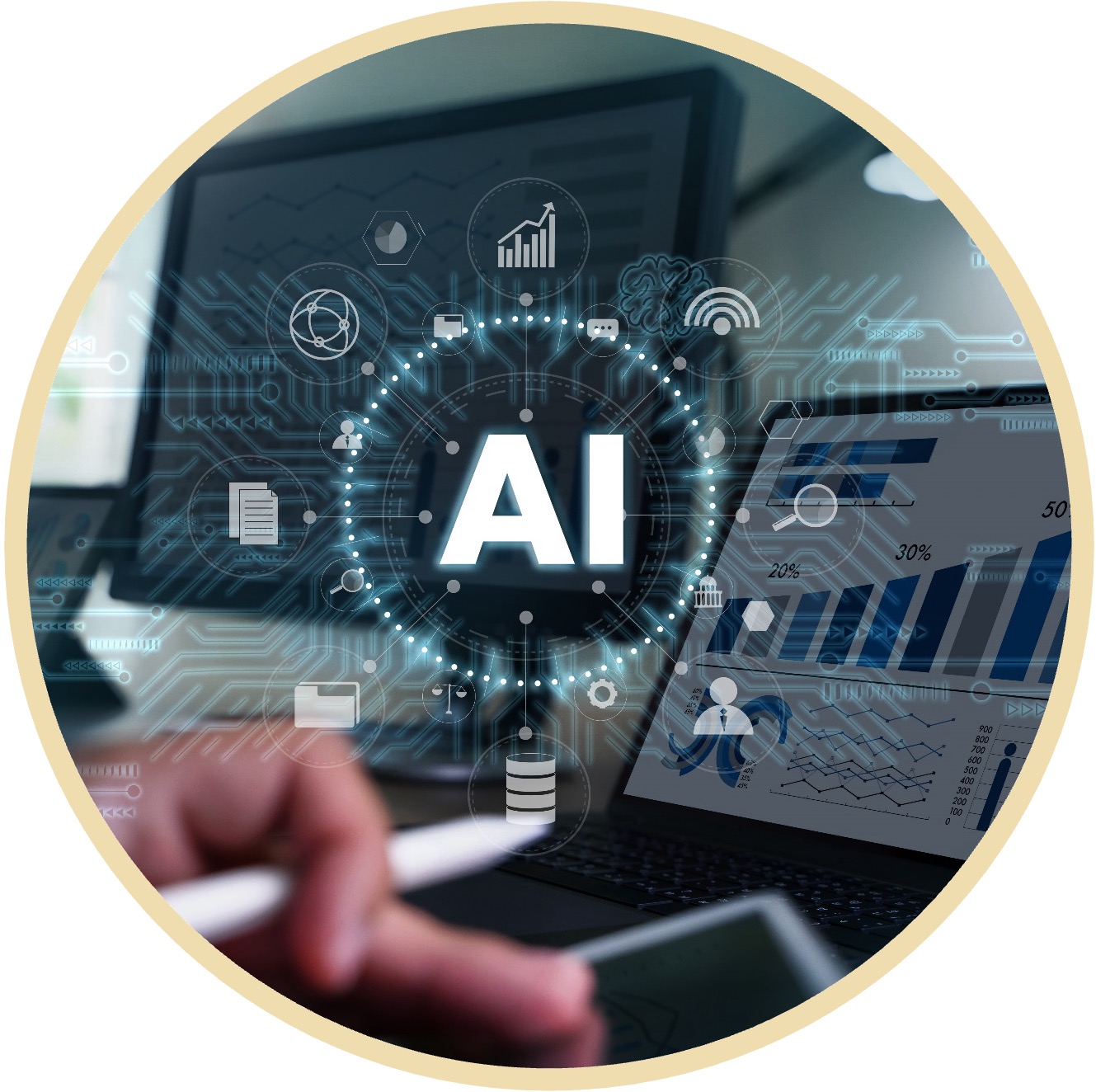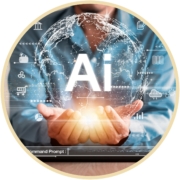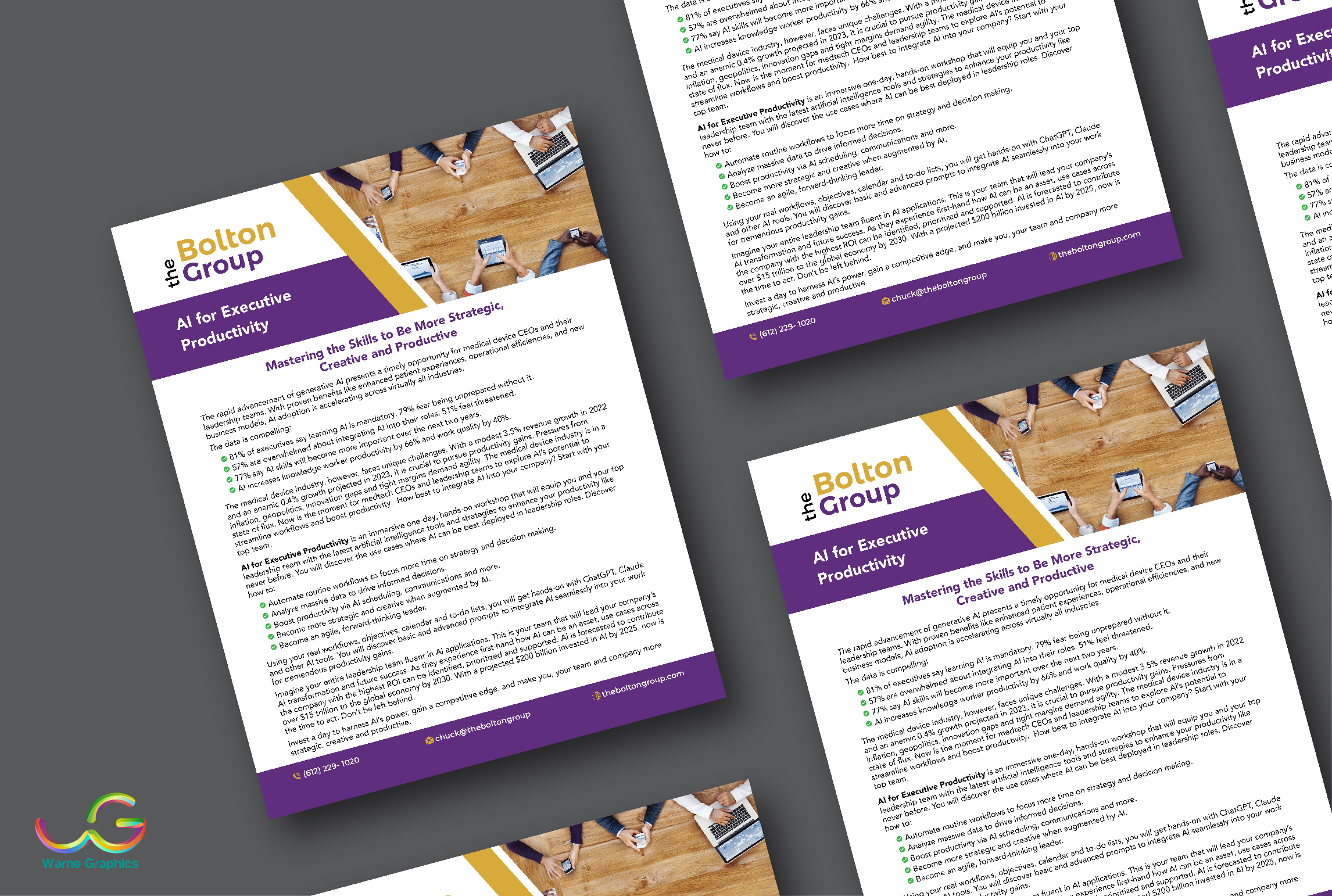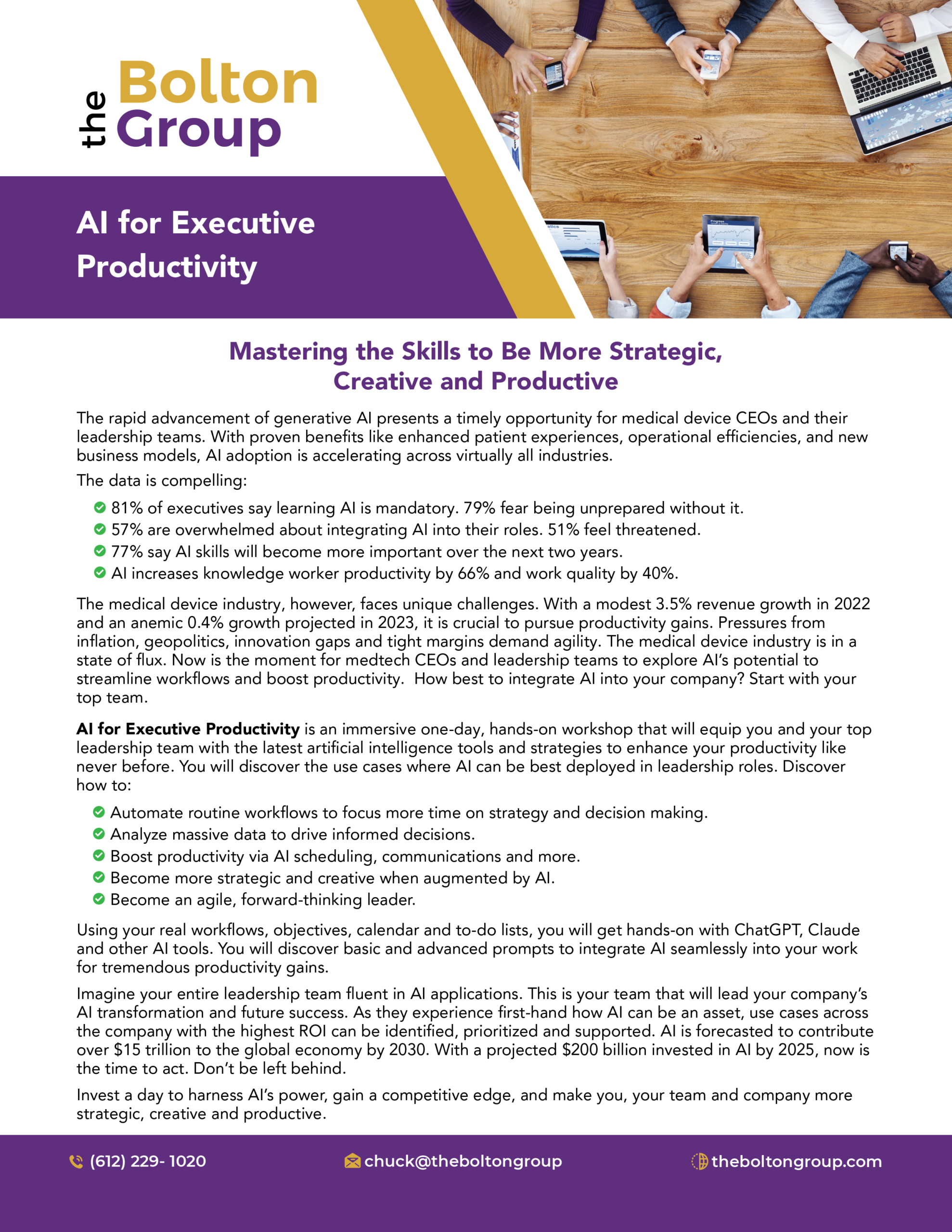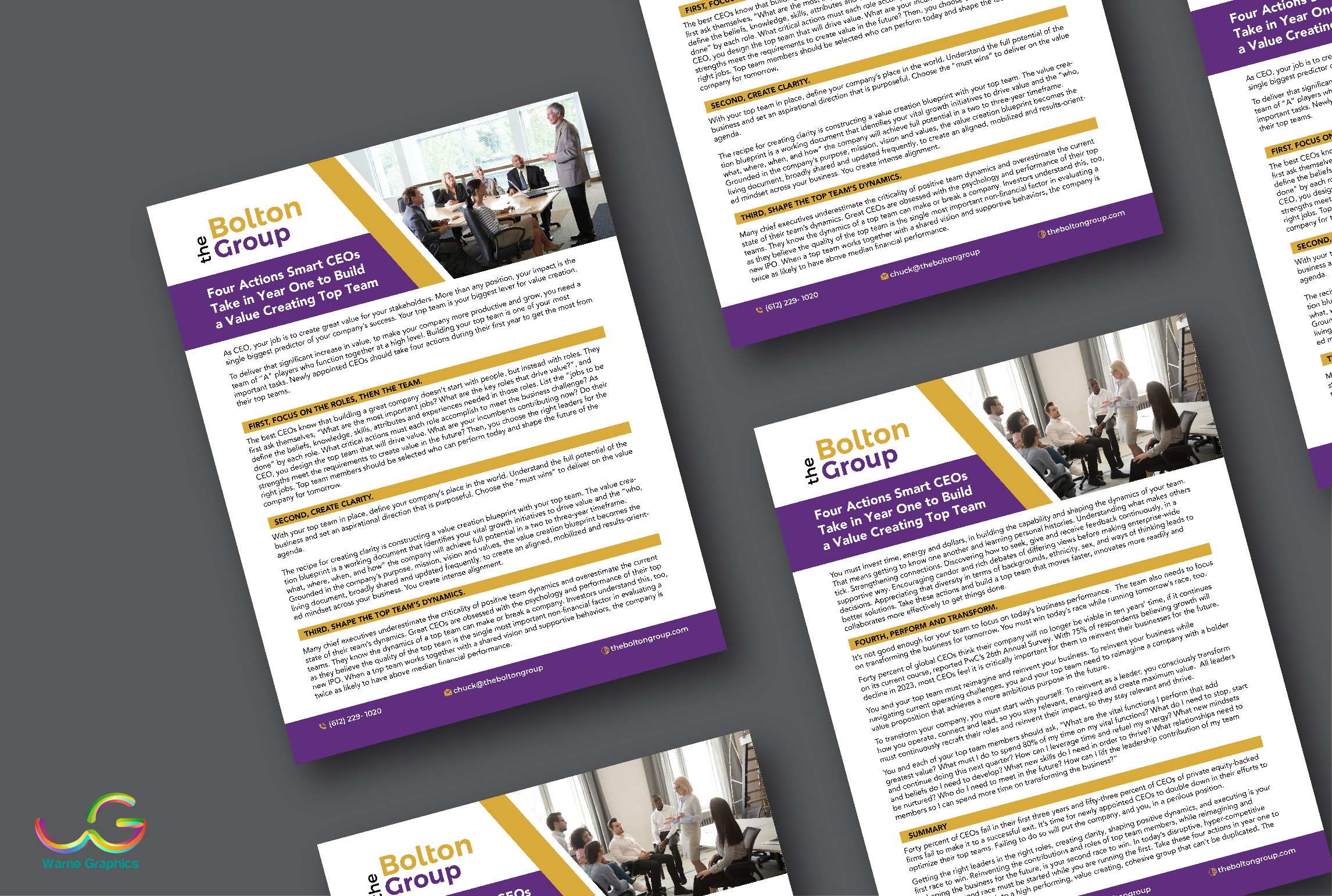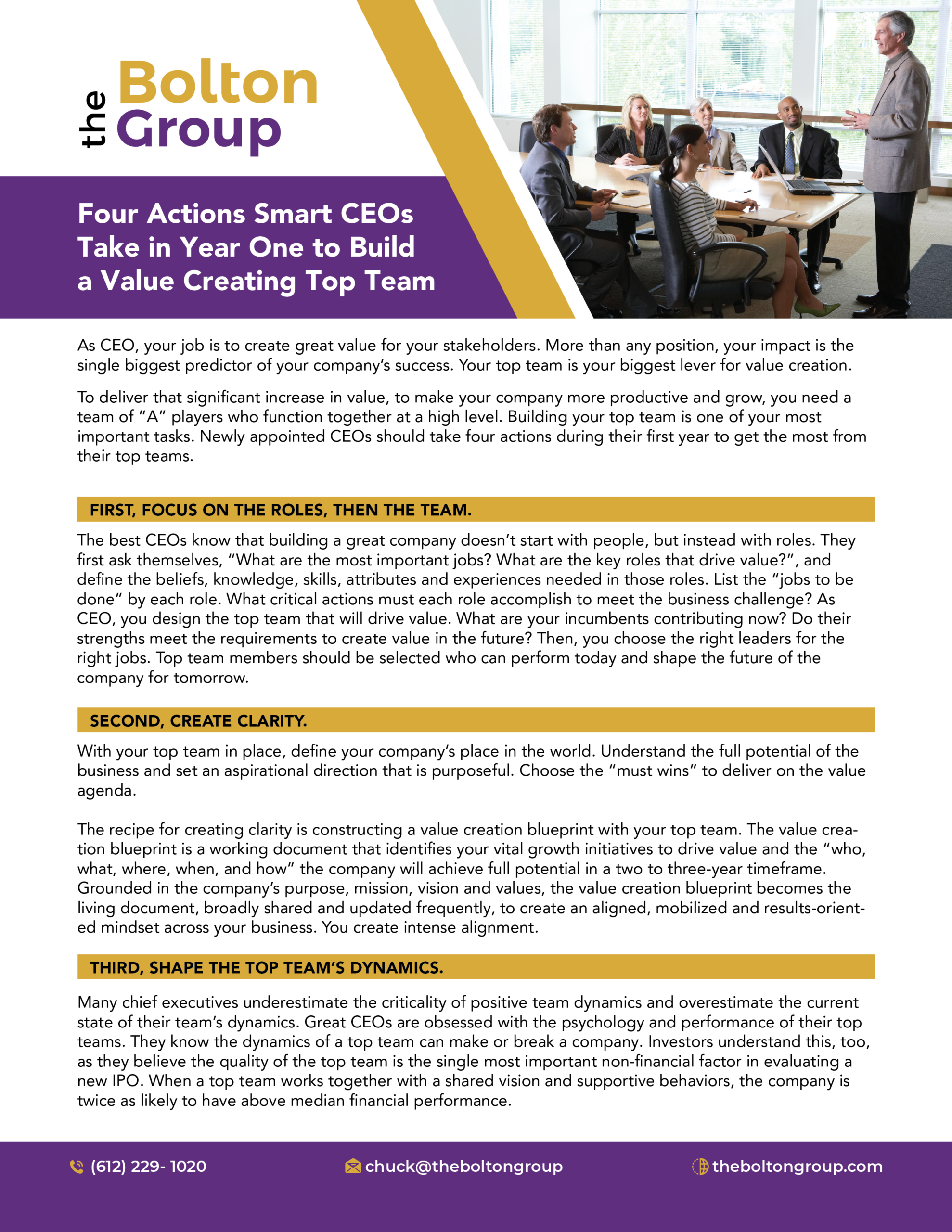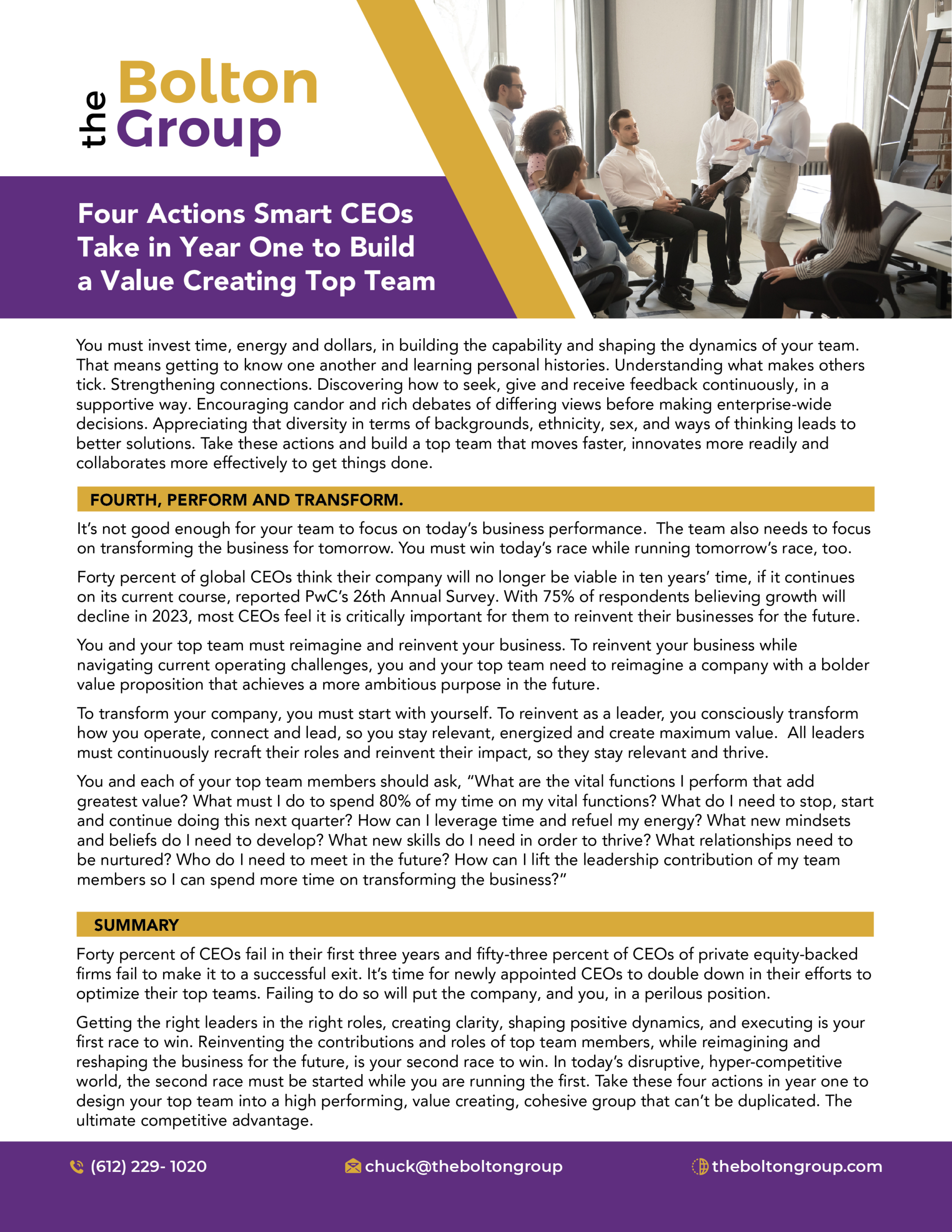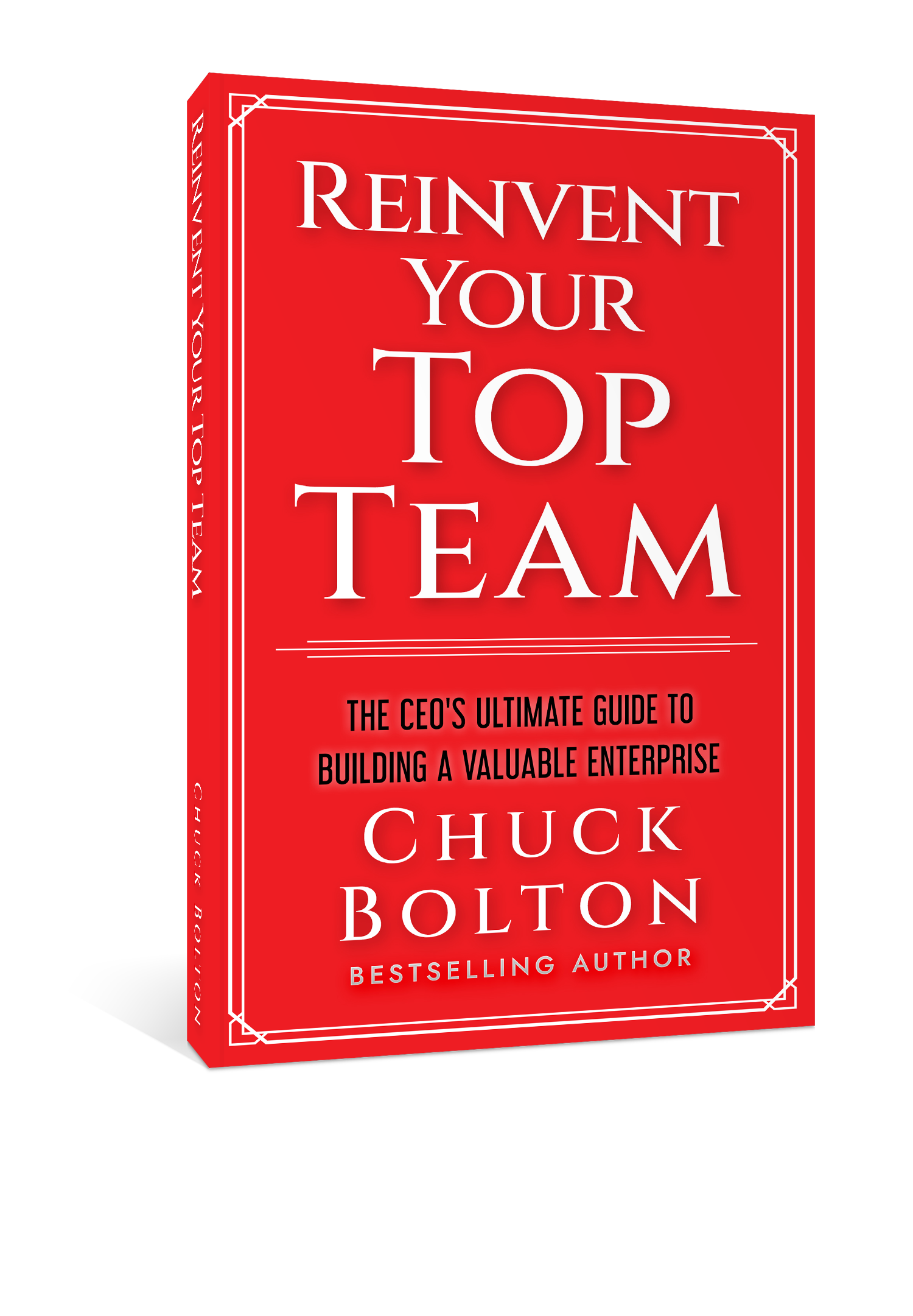What’s The Best City in the US for a Medtech Hub?
Here’s What ChatGPT Recommends …
In a recent Executive AI Bootcamp, our group of 25 CEOs discovered how to use Gen AI to enhance their strategic capabilities. We chose a use case of selecting the best SMSA to locate a research and development center for a respiratory products medtech company, backed by private equity, that sought to become the market leader in its sector. ChatGPT gave us its recommendation, based on a set of criteria we provided.
That’s a timely, real-time use case it turns out, with a little twist.
Under the 2022 CHIPS and Science Act, the US Department of Economic Development, will award ten tech hubs in the US a $40-70 million investment. The goal is to invest in regions that have the potential to be global powerhouses, leveraging their technology, today and in the future, to grow employment and revenue.
The CHIPS and Science Act initiative brings together diverse stakeholders from the public, private, and academic sectors. The desired outcome will create Tech Hubs that build the workforce of the future, enable businesses to start and scale, and deploy and deliver critical and emerging technologies.
Medical technology has been identified as a key focus area. A recent Twin Cities Business article, Minnesota’s Campaign for MedTech Prominence, profiled several local medical device CEOs and others on the topic, who are lobbying for the Greater Minneapolis-St. Paul SMSA to be chosen for a tech hub. So, let’s put it to the test.
I prompted several Gen AI large language models to provide the right answer. Modifying our prompts from the AI for Strategy session at the bootcamp, here’s the prompt fed to ChatGPT4, Claude Opus 3 Haiku and Perplexity for the definitive recommendation.
Spoiler alert. ChatGPT4 chose Minneapolis-St. Paul as the overall winner. But not without some controversy. The other LLMs had different ideas.
Play the role of a skilled panel of judges with deep medtech / healthtech industry experience. The judges are considering the following metropolitan areas for the “smart med” designation. The overall winner will receive investment from the CHIPS and Science Act. The cities are: Boston, Minneapolis-St. Paul, Research Triangle Park, San Diego, Orange County, CA, San Francisco-Bay Area, Seattle and Austin.
Please do a broad-based assessment that includes the following factors:
- Supply of labor and skilled medtech human capital.
- Local tax situation and business climate.
- The health of the medtech/healthtech ecosystem of each SMSA, to include the size and impact of medtech / healthtech companies, the quality of nearby universities, the quality of healthcare providers, healthcare insurers and availability of venture capital firms.
- Ease of transportation and infrastructure.
- Community support.
- Quality of life and affordability.
- Other considerations you may identify.
Present a summary for each city. Create a table that evaluates each SMSA on these factors. Provide an overall recommendation of your top 3 finalists. Finally, choose an overall winner.
Here’s how the LLM’s responded:
ChatGPT4
Overall Winner: Minneapolis-St. Paul
Recommended Medtech Hub Finalists: Boston, Minneapolis-St. Paul, Research Triangle Park
Claude 3 Opus Haiku
Overall Winner: Boston
Recommended Medtech Hub Finalists: Boston, Minneapolis-St. Paul, Research Triangle Park
Perplexity
Overall Winner: Boston
Recommended Medtech Hub: Boston, San Diego, Minneapolis-St. Paul
The most widely used LLM, the workhorse of Gen AI, ChatGPT, chose Minneapolis-St. Paul as its recommended winner. The other two LLMs chose Boston. Both Minneapolis-St. Paul and Boston were mentioned in all three, while Research Triangle Park was mentioned twice and San Diego once.
What do you think? If you were the distinguished panel of judges, which city would you pick for investment as the premier medtech hub in the US?











